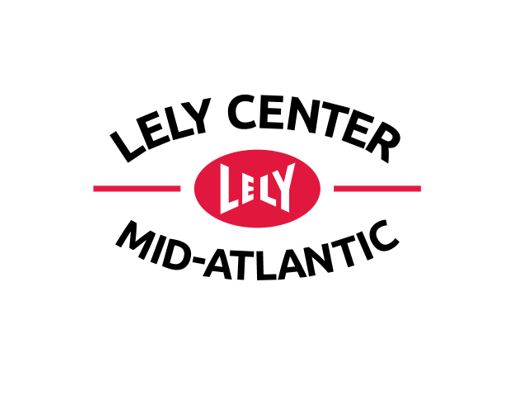Editor’s note:
This month I felt the deadline of the blog post approaching with a heavy weight on my chest. What are you supposed to write about at a time like this in the dairy industry? What is the best approach? Should I ignore it and try to write a sales-like blog post? Should I repeat the obvious about the current state of the market?
After spending some time reflecting on the purpose of our blog and Facebook page, I found myself coming to the word “honest”. Our goal for these social media outlets is to give our customers and prospects an inside scoop on the day-to-day happenings of our Lely Center. I concluded that I would be doing an injustice to our purpose if I deviated from that goal.
A March Update:
This March we were happy to host four “Learn with Lely” events in various locations throughout Pennsylvania and Maryland. Our goal for these events has transitioned in the past year from being a sales pitch, to spreading knowledge about robotic equipment and the industry. We learned quite a bit when you combine our knowledge of being the first Lely dealer in the United States with Lely’s 26 years of experience milking with robots.
While I was helping to prepare some of our presentations for these events, I came across the stages of technology adaptation. For the first years of our selling, we were selling to the innovators and the early adapters. These people were younger, more risk-oriented, and wanted the latest and greatest technology. While reviewing the stages, I stumbled upon the next stage: Early Majority.
This stage is characterized by people who are more conservative, yet open to new ideas. They are said to be active in their communities and influential to their neighbors.
The idea of the early majority has really resonated with me.
Overall, our attendance numbers for these events were much lower than expected. Maybe the current state of the industry had something to do with it, but maybe, it’s also because our target demographics have changed. The people who have sacrificed their day to come to our meetings are no longer the crowds who are curious to see and hear about a robot for the first time. Instead, they are people who have already seen robots milk, know the basics, and are seriously considering how the technology can benefit their farm. This theory is supported by the quality of conversation we have at these events. The questions we get are much more thorough and deeply thought through. In fact, it’s what makes these events most enjoyable for us.
To conclude on our March events: We felt the effects of milk price and made the decision to push on. At a time like this, you must make a choice each day. You can feed into the negativity and repetitive talk about poor milk price. Or, you can choose to see the positive, put your head down, and work to spread the knowledge and benefits of robotic milking. At Lely Center Mid-Atlantic, we choose the latter.
